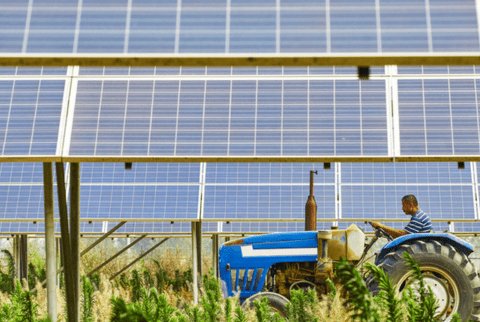MANILA, PHILIPPINES (15 December 2020) — The Asian Development Bank’s (ADB) Pacific Economic Monitor launched today has downgraded the Pacific’s growth for this year to a contraction of 6.1%, down from the 4.3% decline forecast in July.
“It will be a balancing act to keep Pacific economies moving during the COVID-19 recovery period,” said ADB Director General for the Pacific Leah Gutierrez. “Vaccine procurement and distribution, safe travel arrangements, and continuing to strengthen health and social protection systems will all be key to ensuring the region’s recovery is sustainable.”
Although the ADB report says the Pacific subregion is expected to post a cautious recovery in 2021 with growth of 1.3%, that will depend on how quickly travel and trade restrictions can be lifted to allow for some revival in economic activity.
As Fiji waits for tourism to resume, ADB projects the country’s economy to contract by 19.8% in 2020 and may only achieve a minimal recovery of 1.0% in 2021, assuming tourists return in the second half of the year.
The pandemic has heavily impacted Papua New Guinea’s economy, which is forecast to contract by 2.9% in 2020. Some recovery is projected in 2021, but growth is expected to remain low at 2.5%, reflecting the lingering impacts of the pandemic. The Monitor says a prudent expenditure strategy will be key for the recovery period.
Articles in the Monitor look at how the tourism-dependent economies, such as the Cook Islands, are managing the economic impacts of COVID-19. Even if borders were to reopen in the Cook Islands at the beginning of next year, ADB anticipates GDP there will decline by 15.4% in 2021. The contraction is expected to impact employment and household incomes, particularly for women who hold 60% of tourism-related jobs. In Niue, a potential travel bubble with New Zealand could help alleviate the fiscal strains of a prolonged pause in international travel.
For Palau, measures including tax and state-owned enterprise reforms, and prioritizing capital spending, will help the economy better weather the COVID-19 storm. In Vanuatu, the government responded to the impacts of COVID-19 and Cyclone Harold with strong health and economic stimulus measures. However, fiscal pressures appear to be mounting for 2021.
In Samoa and Tonga, remittances may provide an opportunity to alleviate domestic economic pressures. Ultimately, expanding seasonal worker schemes would substantially alleviate economic pressures.
For Solomon Islands, beyond the immediate fiscal response to the pandemic, targeted efforts will be needed to improve fiscal buffers, and ensure that revenue mobilization is efficient.
The Federated States of Micronesia (FSM) and the Marshall Islands have been more affected by the socioeconomic impacts of the pandemic than initially estimated. The ADB report says measures to safeguard public health, provide training and education, and protect the vulnerable will help those countries avoid the spread of the disease and lay the foundations for a strong and sustainable economic recovery.
The Monitor says the priorities for Nauru are to ensure critical services are efficiently delivered and private sector activities are not adversely affected. For Kiribati and Tuvalu, geographical remoteness, isolation, and dispersion create additional hurdles for the government to respond. A stronger information base on vulnerable groups can help ensure social assistance measures are better targeted during crisis periods.
The Monitor’s policy briefs examine key issues that have critical implications for the Pacific’s broader economic recovery from the COVID-19 crisis. A case study looks at how data from the latest census in the FSM helped the country to mount a gender-inclusive response to COVID-19. A survey of COVID-19 response packages across the subregion highlights how the Pacific has prioritized social protection to mitigate the pandemic’s most severe impacts on the vulnerable. Another policy brief presents an initial analysis of the potential cost-effectiveness of a COVID-19 vaccine in select Pacific economies. A contribution from the Lowy Institute examines trends in health spending and foreign aid in the Pacific, as well as the potential impacts of the COVID-19 crisis on health financing moving forward.






